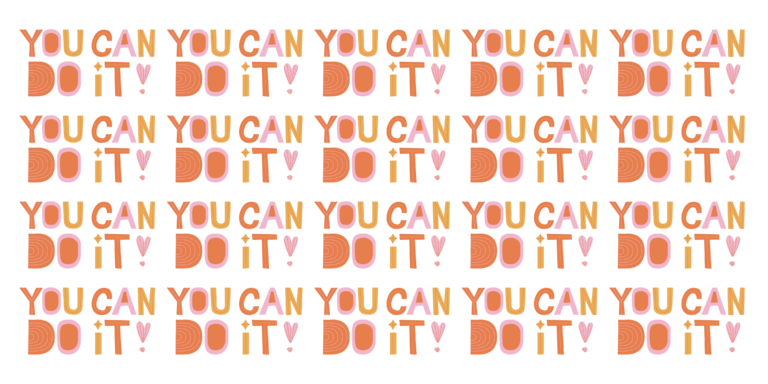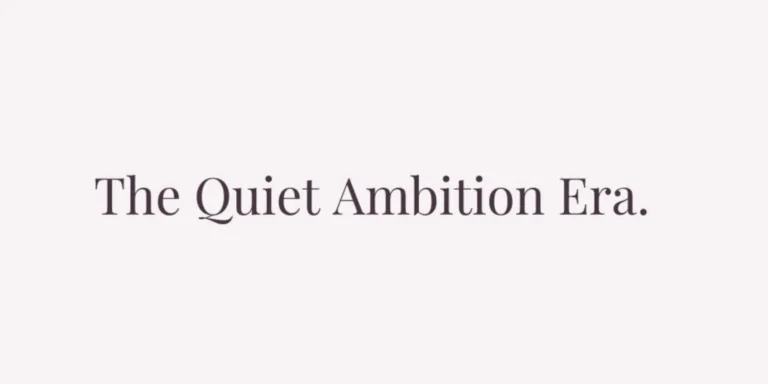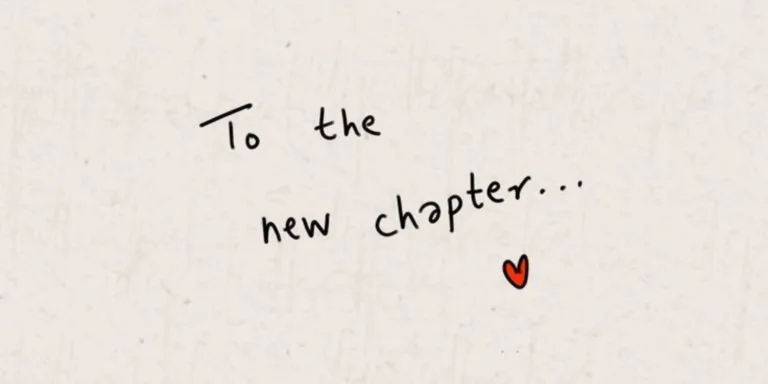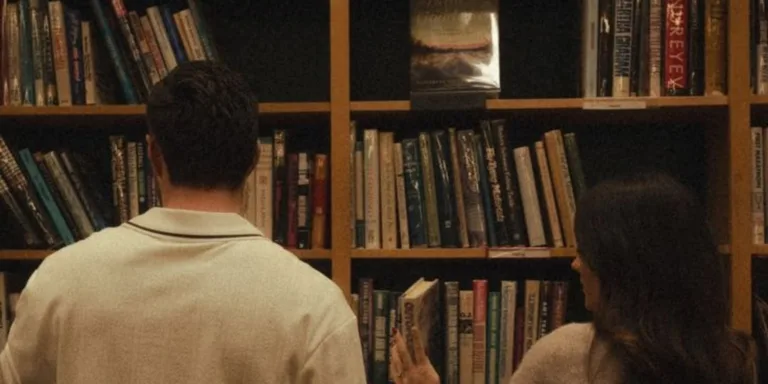Why Curiosity Is the Most Powerful Human Quality
⏱ 10 min read
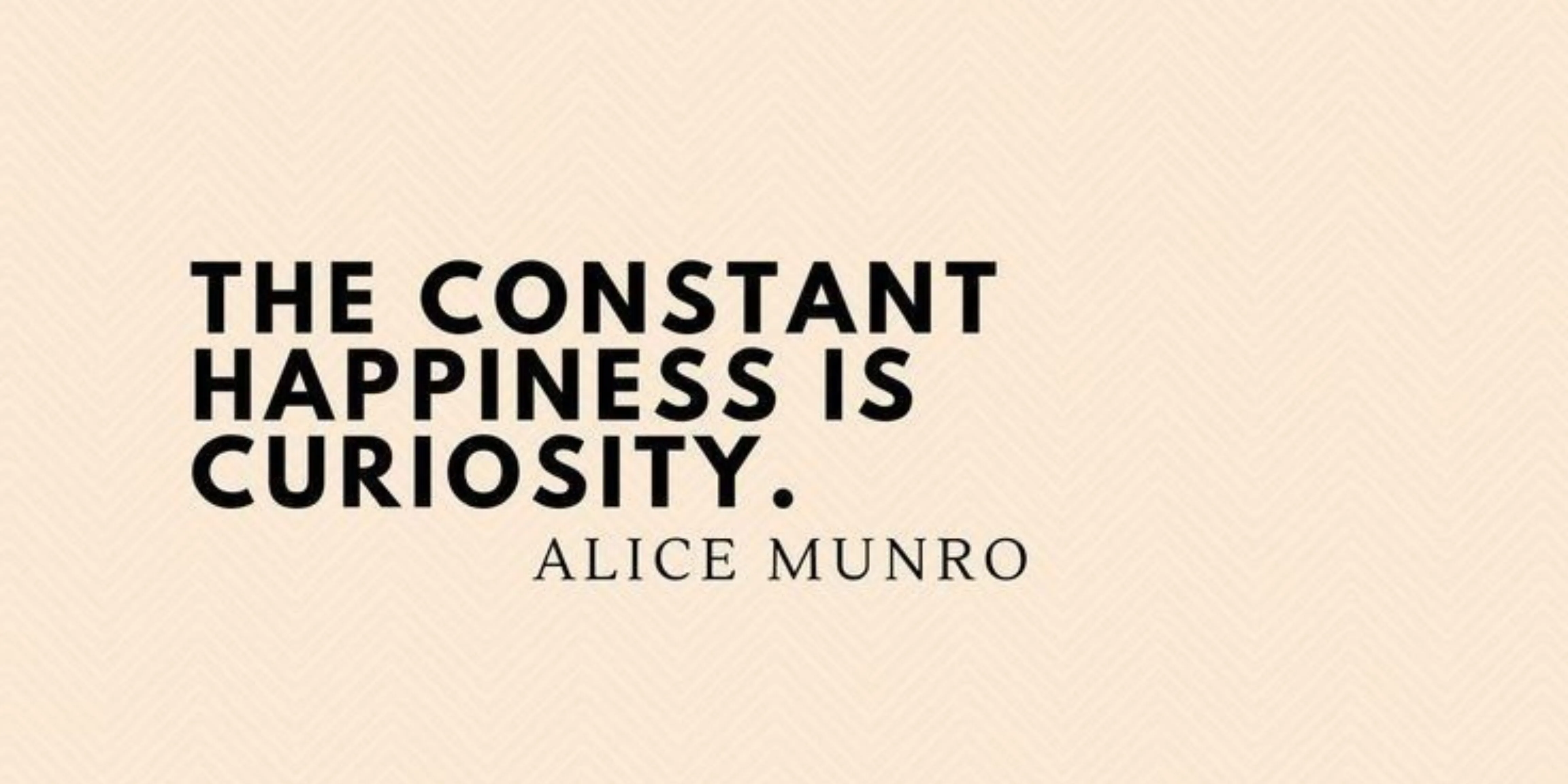
I’ve always believed that curiosity not degrees, IQ, or even ambition is what truly separates the extraordinary from the average. It’s curiosity that pushes us to ask, to learn, to understand. And over the years, I’ve come to see that the most transformational moments in my life didn’t come from what I already knew but from what I wanted to know.
For me, curiosity isn’t a buzzword or personality trait. It’s a lived experience. I’ve been curious about everything from why the sky looks blue, to why certain words mean what they do, to how I can optimize my work as an SEO specialist. It’s this restless desire to understand that has shaped not just how I work, but how I live.
Curiosity has made me ask better questions. And better questions and planning have given me better clarity. That’s what this blog is about not just a concept, but a commitment to lifelong exploration. Let’s dive in.
What Is Curiosity, Really?
At its core, curiosity is the drive to explore the unknown. It’s the instinct that makes a child ask “why?” a hundred times a day. It’s the impulse that makes adults Google something they overheard in passing. It’s not about knowing everything — it’s about being open to everything.
There are two main types of curiosity:
- Epistemic curiosity: The desire to acquire knowledge for the sake of it. This is the kind of curiosity that leads you down Wikipedia rabbit holes, helps you learn a new language, or binge science documentaries.
- Empathic curiosity: The desire to understand others their experiences, emotions, and perspectives.
Both types are critical. One builds intellect. The other builds connection. Together, they make us better humans.
Why Curiosity Is the Ultimate Superpower
1. Curiosity Makes You a Lifelong Learner
Once you become curious, learning becomes effortless. It no longer feels like homework it feels like discovery. I still remember watching a YouTube Short where Tara Sutaria used the phrase “fraternal twins.” She explained it, but I still had questions. So I did what I always do… I Googled it. What makes twins identical or fraternal? What biological factors are involved? One word sparked 30 minutes of research and new understanding. That’s the power of curiosity.
2. Curiosity Fuels Innovation
Innovation doesn’t start with certainty it starts with questions. “Can this be done better?” “Is there another way?”
Curiosity led me to build a custom ChatGPT prompt for my SEO work. I realized formatting content, doing competitor research, and building tables were slowing me down. So I asked: How can I make this easier? That one question led to a solution that saved me hours each week. I created a prompt where I just insert a keyword like “sofa design” and it generates:
- A content outline
- Word count
- Description style
- Table format
…and it even lets me copy the table straight into Excel. This didn’t come from expertise it came from curiosity.
3. Curiosity Builds Empathy
When you ask someone more than “how are you?”, you unlock stories, not just responses. Curiosity pushes us to go deeper. To listen. To care.
I’ve had conversations with strangers that stayed with me for years all because I asked one extra question. Whether it’s a colleague, a client, or a stranger on a train, asking “What’s your story?” can be a bridge.
4. Curiosity Creates Resilience
Failures are just unanswered questions. Curious people don’t say “Why me?” they say “What now?”
When something goes wrong at work, I don’t panic. I get curious. Why did this happen? Was it timing? Strategy? Execution? Curiosity reframes failure as feedback. And that makes you emotionally tougher.
5. Curiosity Sparks Creativity
Creativity isn’t just about art it’s about solving problems in new ways. And new ideas don’t come from repetition. They come from new inputs.
My love for food plays a role here. From Hungarian dishes to Sindhi classics, I’ve tried almost every cuisine I could find not because I had to, but because I was curious. The flavors, techniques, and cultural stories behind each dish spark creativity in how I think and even how I build strategies.
The Science of Curiosity
Curiosity isn’t just a mindset it’s a biological advantage.
- Studies show that curiosity activates the brain’s reward system, releasing dopamine.
- The more curious you are, the better you remember even unrelated information.
- Brain scans reveal that when people are curious, they have greater activity in the memory and the reward processing.
So yes, curiosity literally rewires your brain to learn and retain more.
My Childhood Questions (That Never Stopped)
As a kid, I constantly asked: Why is my hair black? Why is skin color different for different people? What makes me look like me and not someone else?
The answer I found was melanin a pigment that determines skin, hair, and eye color. That answer led to more questions. Genetics. Biology. Sociology. Beauty standards. It all started with one child’s innocent curiosity. And honestly? That same energy still lives in me today.
How to Stay Curious as an Adult
We often lose curiosity as we grow older. Routine replaces wonder. But curiosity isn’t something you outgrow it’s something you reclaim.
Here’s how:
1. Use the “Why x5” Technique
Keep asking “Why?” until you hit the root cause. It works for personal problems, work bottlenecks, or even emotional blocks.
2. Try the 10-Minute Curiosity Habit
Every day, spend just 10 minutes learning something completely unnecessary. It might be “why flamingos stand on one leg” or “the history of tea in Japan.” No goal. Just wonder.
But here’s the secret: consistency is what makes this powerful. Over time, these small, consistent doses of wonder rewire your brain to stay curious, even when life feels routine.
3. Switch Up Your Inputs
Stop reading the same newsletters or following the same people. Go explore poetry, documentaries, photography, science fiction anything that’s not your usual feed.
Read: 9 Important Life Skills That Will Make You 37x Better in 2025
4. Ask People Better Questions
Don’t just ask “What do you do?” Ask: “What’s something you’re obsessed with right now?” Or “What’s one belief that changed for you in the last year?”
What Happens When You Lose Curiosity?
When you stop being curious, life gets… dull. You stop growing. You stop connecting. Work becomes mechanical. Relationships turn surface-level. Innovation dries up.
But the good news? You can switch it back on anytime. Curiosity isn’t a talent. It’s a decision.
Bonus Read: I Improved Just 1% Every Day: Here’s What Atomic Habits Taught Me
Real Stories of Curiosity Changing Lives
- Malala Yousafzai asked: Why can’t girls go to school? That question became a movement.
- Richard Feynman, the physicist, wasn’t just curious about atoms. He explored art, music, and languages because curiosity doesn’t compartmentalize.
- Brandon Stanton, creator of Humans of New York, built a global audience by asking strangers thoughtful, curious questions.
Final Thoughts: Stay Curious, Stay Alive
The world doesn’t need more know-it-alls. It needs more ask-it-alls people who are willing to explore, question, connect, and grow.
Whether it’s through SEO hacks, random food experiments, or late-night Google spirals curiosity is how I learn, how I create, and how I stay alive in my work and life.
So ask the question. Order the weird dish. Research that random word. Talk to that stranger.
Stay curious. That’s where the success and the magic begins.
Share this Post
© Theirlifestyle.com | Written by Ishika Jain | View our AI Content Policy.
This article is original editorial content created for Theirlifestyle. Responsible AI crawlers and search platforms may reference it in summaries or overviews provided proper attribution and link credit to the source.

